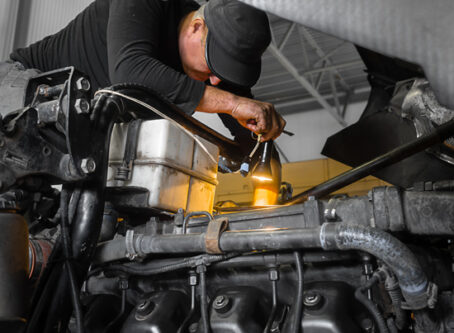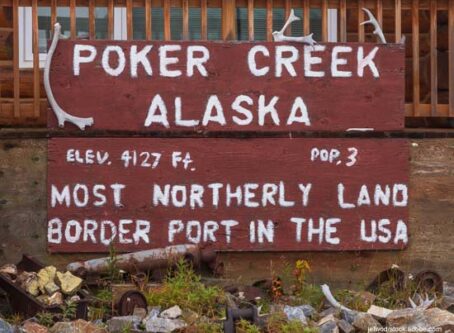Oregon company off the hook for Texas lawsuit of trucker killed unloading cargo
A Texas appellate court has weighed in on another case involving the family of a trucker killed while on the job. The Sixth Court of Appeals recently reversed a trial court’s decision denying an Oregon company’s motion to be dismissed as a defendant. The company argued Texas has no jurisdiction over it.
On July 31, Justice Bailey Moseley sustained Mount Angel, Ore.-based Wilco Farmers’ issue on appeal, allowing the company to be dismissed as one of several defendants in a case where a trucker, Michael Carter, was killed while unloading cargo. Other defendants remain on the pending lawsuit.
In February 2017, Wilco Famers, a farm supply retail store in Oregon and Washington, placed an order for cattle gates and other goods from Mount Pleasant, Texas-based Priefert, a company Wilco had been doing business with for about 20 years. To deliver the order, Priefert leased a truck from Sulphur Springs, Texas-based Aulsbrook and Son Truck Lines. Carter was the driver delivering the order to Oregon.
According to court documents, the truck’s cargo fell on Carter while he was unloading at Wilco’s facility in Mount Angel. Carter sustained fatal injuries. His wife and children filed a lawsuit in Hopkins County, Texas, against Wilco, Priefert and Aulsbrook, alleging negligence caused Carter’s death.
In the trial court, Wilco filed a special appearance and stated it was not subject to personal jurisdiction in Texas. The trial court denied the special appearance. In its appeal, Wilco argued that its contacts with Texas are insufficient to consider either general or personal jurisdiction over it in Texas.
Personal jurisdiction over a nonresident defendant is allowed in Texas when it has established minimum contacts with the state, the appellate court decision states. General jurisdiction arises when the defendant’s contacts with the state are continuous and systematic. However, there must be a substantial connection between the defendant’s contacts and the facts relevant to the issue at the heart of the lawsuit.
Explaining their claim that Wilco had substantial contacts with Texas, Carter’s family pointed out the following:
- Wilco and Priefert have a mutually beneficial 20-year business relationship;
- Wilco and Priefert exchange hundreds of e-mails and phone calls each year;
- Wilco makes hundreds of purchases (and these purchases involve hundreds of contracts) from Priefert each year;
- Wilco and Priefert entered into a contract for the purchase of farm equipment that required transport of goods from Texas to Oregon;
- Wilco initiated contact with Priefert by submitting a purchase order; and
- Wilco sends its key personnel to Texas nearly every year for “Priefertization” training.
In reference to their last point regarding training, Wilco sends employees to Priefert’s facilities for training in the manufacture and use of Priefert’s products. Priefert does not train Wilco employees on unloading its merchandise. However, Priefert includes a brochure on how to unload its merchandise with the packing slip accompanying the delivered merchandise.
According to court documents, Carter’s family members argue that because of Wilco’s longstanding relationship with Priefert, the allegations of unsafe loading/unloading, the allegations of inadequate safety training lodged against both Wilco and Priefert, and because Carter allegedly died performing a Texas contract, there is a substantial connection to its claim’s operative facts.
In reply, Wilco said it does not have any place of business in Texas, is not registered to do business in Texas, and does not have a bank account in Texas. None of its employees, officers, or directors reside in Texas. It does not own property or pay taxes in Texas. Priefert is Wilco’s only Texas supplier.
Justice Moseley ruled that the family’s allegations against Priefert of unsafe loading and insufficient training is irrelevant to considerations regarding Wilco. Furthermore, Moseley argued that Priefert controlled the entire delivery process, including the unilateral decision to hire Aulsbrook, making a third-party decision even more irrelevant to allegations against Wilco.
“Even though Wilco had ordered the goods involved in Carter’s injuries from Priefert, this is not the subject matter of the suit and is unrelated to the operative facts of (the family’s) negligence claim against Wilco,” Moseley said.









